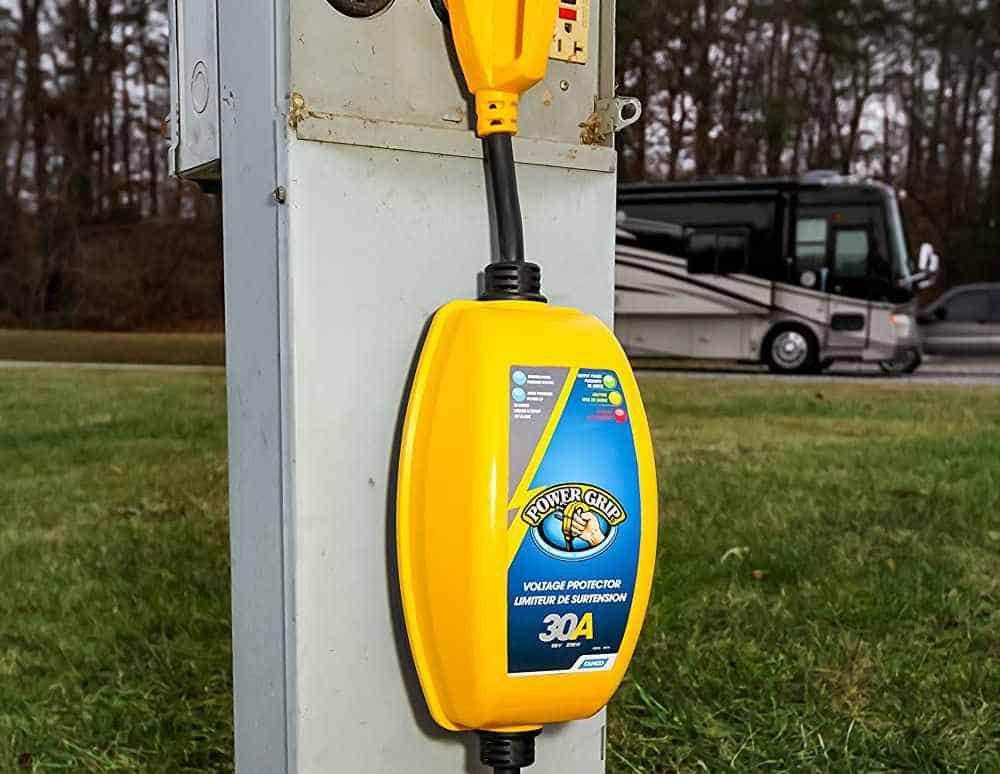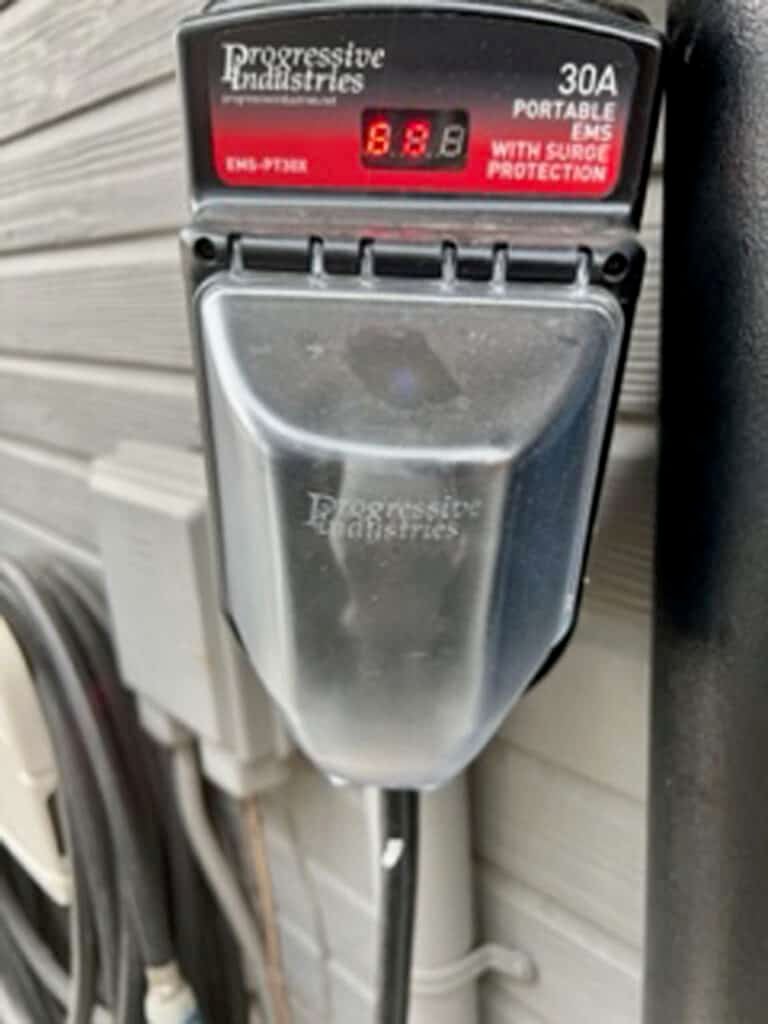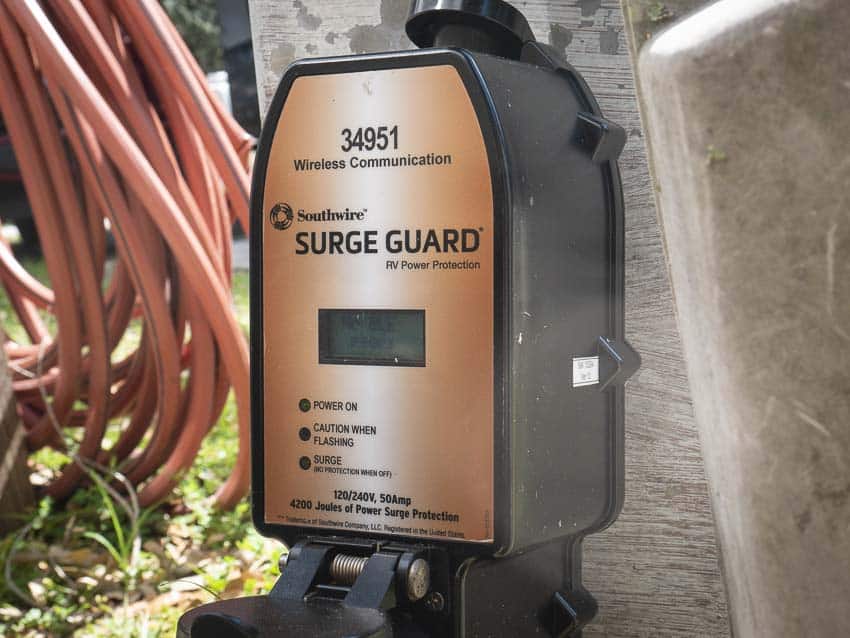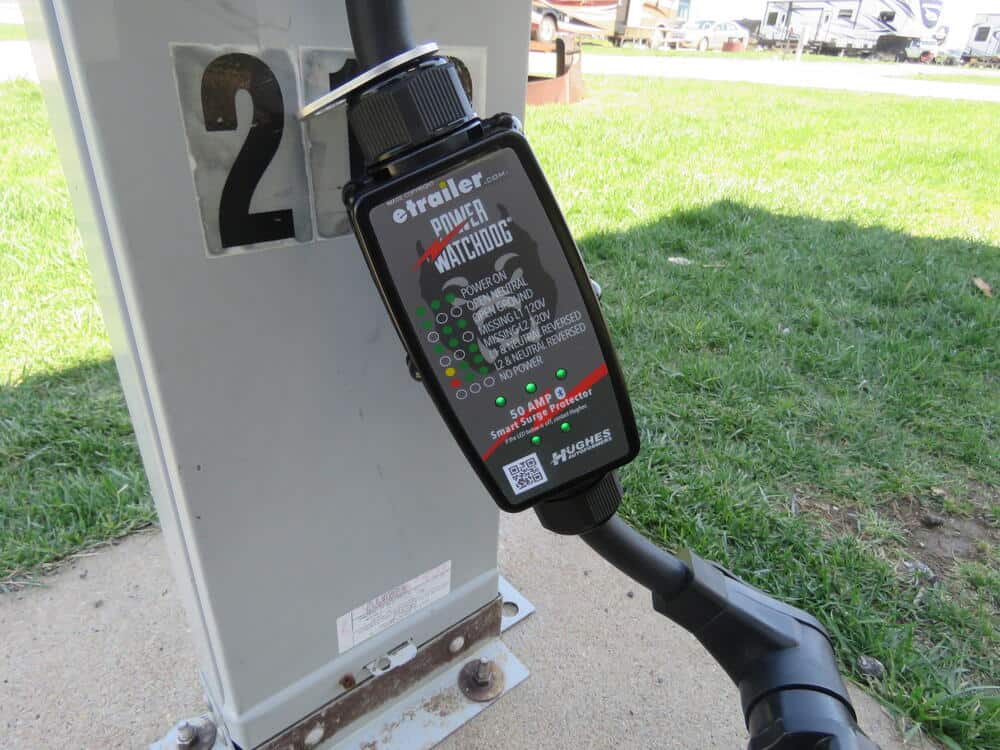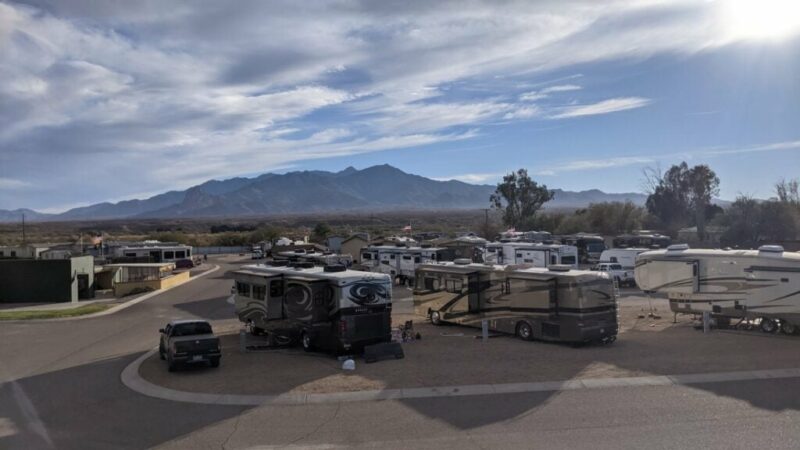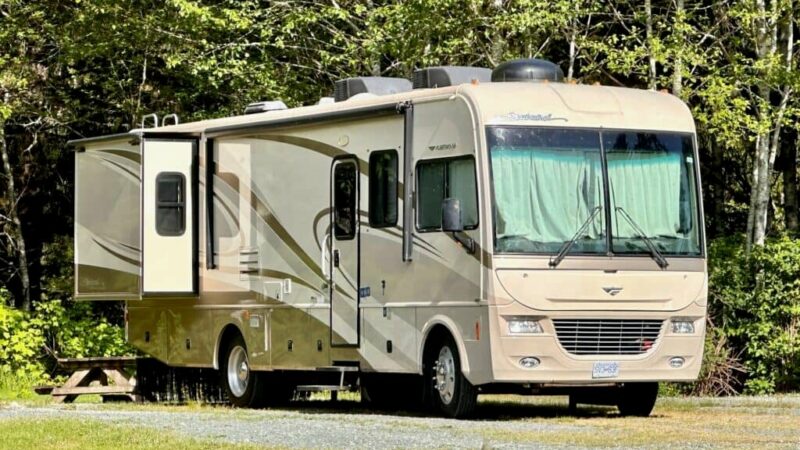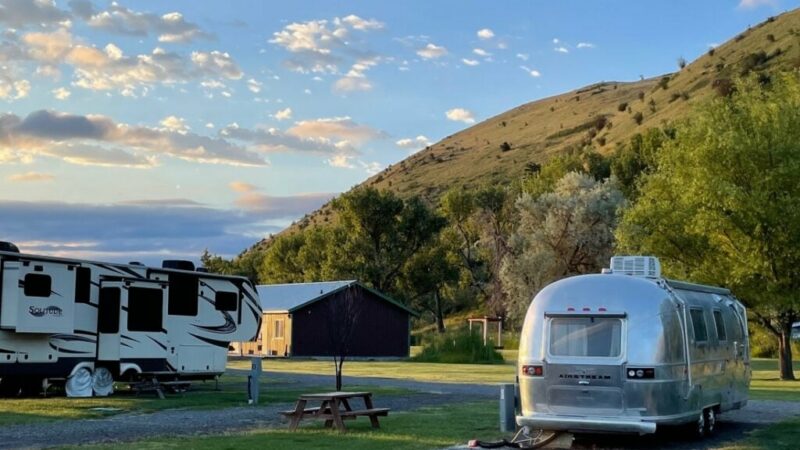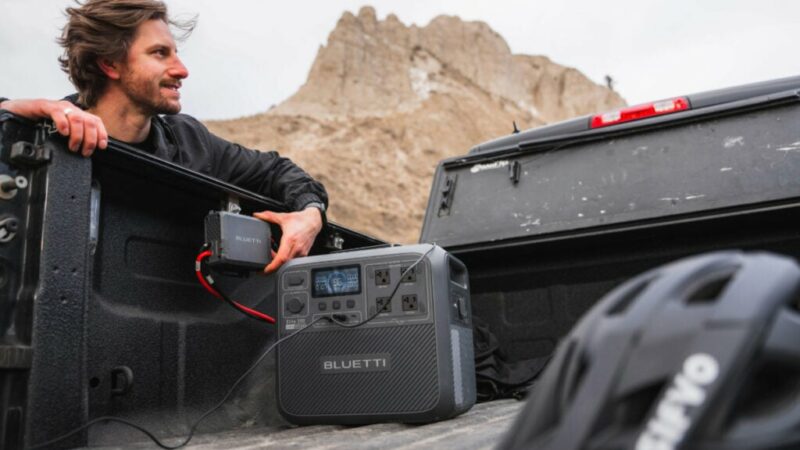Do You Need an RV Surge Protector?
RV surge protectors are frontline security for your RV when it comes to electrical damage.
Your RV houses many electronics that are vulnerable to even small fluctuations in incoming electricity. A drop or spike in power can cause expensive, trip-ending damage to your RV.
That alone should be reason enough for you to either already have or be running out to purchase a surge protector. But, if you need more convincing, you’re in the right place!
What is an RV Surge Protector?
For most of us, we rely on electricity from the grid to power our RVs. One of the first things we do upon arrival at our campsite is plug in.
As soon as your RV is connected to campground power it is vulnerable to major damage. Electricity from the grid usually flows without issue, however, a small drop or spike in the normal range can cause big issues.
RV surge protectors are a safety mechanism that monitors electricity ranges and cuts power if a potentially damaging circumstance arises.
Surge protectors don’t look like much from the outside. However, on the inside, there is some pretty cool stuff happening.
How does an RV Surge Protector Work?
The easiest way to think about surge protectors is to think about a fuse in your car or a breaker in your house. When there is an issue they trip to avoid damage to the electrical system.
Your RV has fuses that do this for certain components, however, the surge protector job is keeping the entire electrical system safe.
120-volt power isn’t always exactly 120 volts. It fluctuates up and down which is fine to a certain degree. Once power is in the 130-volt range or drops to around 105 volts, problems aren’t far behind.
RV surge protectors will have a safe range that they operate in. For example, it may be 132 volts on the high side and 105 volts on the low side. Any incoming electricity outside this range cuts power to the RV.
So what’s inside that plastic box that makes that happen? Metal oxide varistors (MOV) are the key components that take the hit when there is a power surge. Like an airbag, they absorb the impact and in some cases sacrifice themselves.
Surge protectors are rated in joules which is what determines how large or how many surges that particular surge protector can withstand before it’s no longer usable.
The number and size of MOVs in the unit will determine how many joules it’s rated for. So look for higher joules and also models with replaceable modules. Some models with non-replaceable parts have to be completely replaced once the joules rating has been reached.
What are the Different Types of RV Surge Protectors?
There are two main types of surge protectors. As the name states, hard-wired units are hard-wired into your RV. The more common portable types are the ones you plug your RV into. Both use the same technology mentioned above to protect your RV from power surges.
Hard-wired units are installed inline in your RV main power line. The location of the surge protector will be between the power cord inlet of the RV and before any electronics. This ensures any out-of-range incoming power is detected and stopped before damage can be done.
Plug-in RV surge protectors are what you see all over campgrounds dangling from the power pedestals. If you look closely most will be locked to the pedestals as they aren’t cheap and easy for would-be thieves to snatch.
Before plugging in your RV, the surge protector is first plugged into the power source followed by the power cord of your RV. In this case, power is monitored from the source and cut if necessary before traveling through the RV power cord to the RV.
When shopping for a surge protector you will have a couple of levels of protection to choose from.
Basic models simply cut power in the event of a power surge and will need to be reset like a tripped breaker in your home.
More advanced models will run a quick test as soon as you plug them in to check for any electrical issues such as bad grounds for faulty connections. They continuously monitor the electrical flow and have lights or displays showing the status.
There are multiple companies that sell RV surge protectors and while they are all very similar in function, RVers will have to choose which one they trust to protect their home on wheels.
What’s the Best RV Surge Protector?
Which is better Ford or Chevy, McDonald’s or Wendy’s, chocolate or vanilla Let’s be honest about the last one—it’s chocolate. However, like with all things personal opinion comes into play.
Since all RV surge protectors are very similar and any surge protector will always beat no surge protector it’s tough to pick the best. If you look around the campground, on Facebook groups, or online RV forums you’re likely to see the following 3 major brands.
1. Progressive Industries
Progressive Industries‘ line of surge protectors is a popular and trusted choice among RVers.
They offer surge protector-only units as well as EMS (electrical management system) units. The EMS models are available in both portable and hard-wired models.
All Progressive Industries surge protectors are available in both 30-amp and 50-amp configurations.
2. Southwire Surge Guard
Next on the list is the Southwire Surge Guard line of RV surge protectors. Southwire not only manufactures RV surge protectors but just about everything electrical you can think of.
The company knows its stuff when it comes to electricity, and it offers a few different options for RV owners.
30-amp and 50-amp are available for all products which include everything from basic protection with manual resets to full-on electrical management systems.
Hughes Power Watchdog
As with the others on this short list, Huges Power Watchdog has a surge protector for every RV owner.
They are one of, if not the most, trusted names in RV surge protectors. The unmistakable mean dog logo on their products is a common site in campgrounds.
Huges has some of the most advanced surge protectors and offers some pretty cool options such as Bluetooth for system monitoring right on your phone.
Do You Need an RV Surge Protector?
RV surge protectors are like vehicle insurance in that nobody likes paying for them. You may never need your surge protector; however, even the peace of mind is worth it to most people.
One faulty RV hook up or a power surge at the campground and you could be in for some expensive RV repairs. Although not cheap, RV surge protectors are definitely a worthwhile investment.
The post Do You Need an RV Surge Protector? appeared first on RV LIFE.
Source: https://rvlife.com/do-you-need-an-rv-surge-protector/

